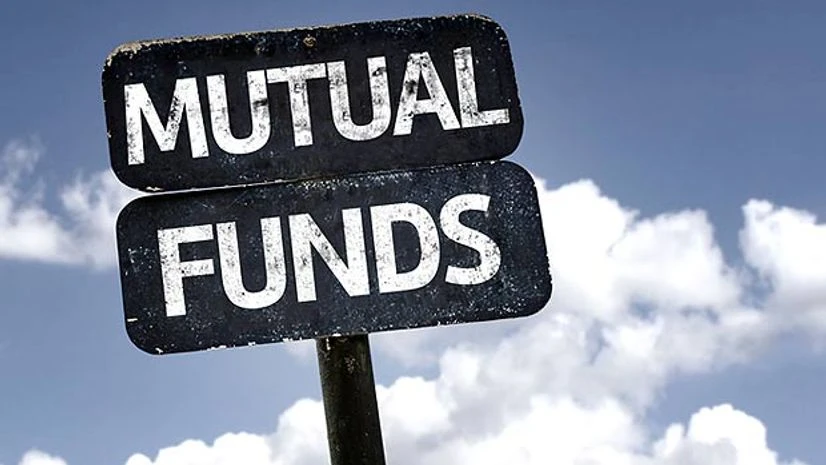The compound annual returns from equity mutual fund (MF) schemes which invest in large-cap companies are often considered safest bets for investors. However, these have dipped to single digit in the past 10-year investment period.
Tepid returns over such a long time frame belie the investment belief that equities make good returns from a long-term perspective. As on Wednesday, the category average return of large-cap schemes was 9.24 per cent. Essentially, the current value of Rs 100 invested 10 years ago would be Rs 242. Adjust for inflation and the return might be negative.
During the same period, if an investor had invested in a fixed deposit (FD) instrument of a bank, with 8.75-9 per cent interest, the value of this would have been Rs 230-237. The price of gold in this period jumped from Rs 7,985 per 10g to Rs 29,085 per 10g, a rise of 3.6 times.
Equities are considered an inflation-beating asset class from a long-term horizon. However, the past decade's trend depicts an opposite picture. Worse, in a five-year period, large-cap funds made less money for investors than basic bank FDs.
However, fund managers continue to advocate equity investments and are asking investors to maintain patience and continue to allocate money here. S Naren, chief investment officer (CIO), ICICI Prudential MF, says: "The markets are valued at close to the long-term average price to earnings multiple. We feel a slow and gradual upswing would make it a compounding market over the next three to five years. We believe a correction due to non-fundamental reasons is an opportunity for investors to allocate towards equities."
Mahesh Patil, co-CIO (equities) at Birla Sun Life MF, says the easy making-money phase is over. "We advise participation in the equity markets through systematic investment plans (SIPs) and use every correction (fall in stocks) for investment,” he says.
The falling long-term return from equities is increasingly becoming a concern. Further, the kind of crack which the value of investor wealth has seen over the past year is alarming, at nearly 20 per cent. The corrections have taken place at a time when the MF sector has seen the highest inflow in the equity segment, of Rs 70,000 crore thus far in FY16. Even investors who had been investing through an SIP are making losses from a one-year perspective.
Prashant Jain, CIO of HDFC MF, who manages the country's two largest schemes, HDFC Equity and HDFC Top 200, believes this is a transition phase. "It has been observed several times in the past that Indian equity markets are correlated with global markets for very short periods of time. Corrections led by external factors have proved good entry points on occasions when Indian markets were not overvalued. I believe this (recent corrections) is one more such opportunity," says Jain.
According to him, equities are a great compounding machine. "Investors should assess and allocate one's risk capital to equities. Asset allocation is the key. After asset allocation, all an investor needs is patience and the discipline of not panicking and, on the contrary, increase allocation to equities when returns over the past year have been disappointing," adds Jain.
Over the last two years, the assets under management in the equity segment has doubled from less than Rs 2 lakh crore to Rs 4 lakh crore, on the back of robust inflows in equity schemes.

)
